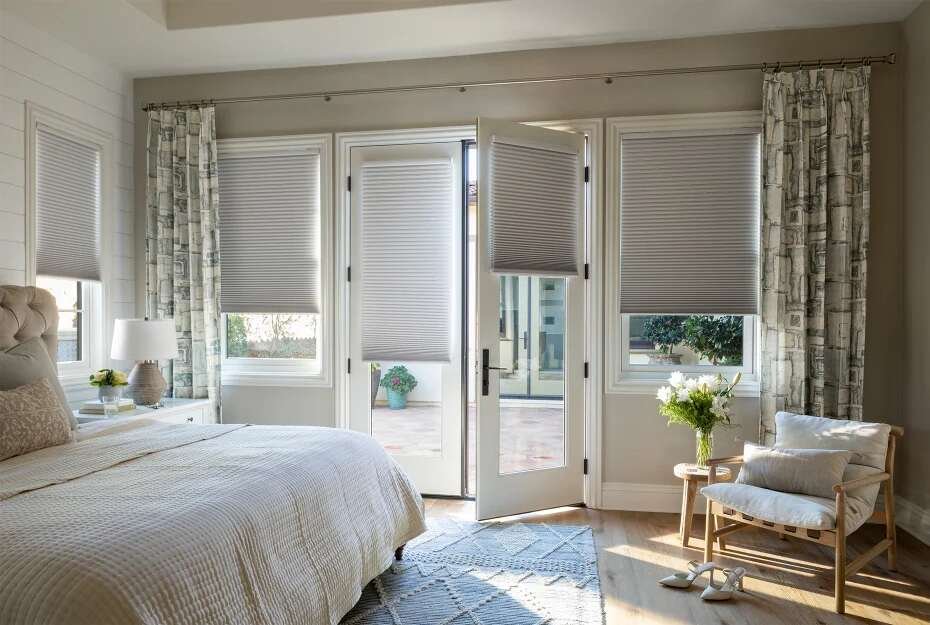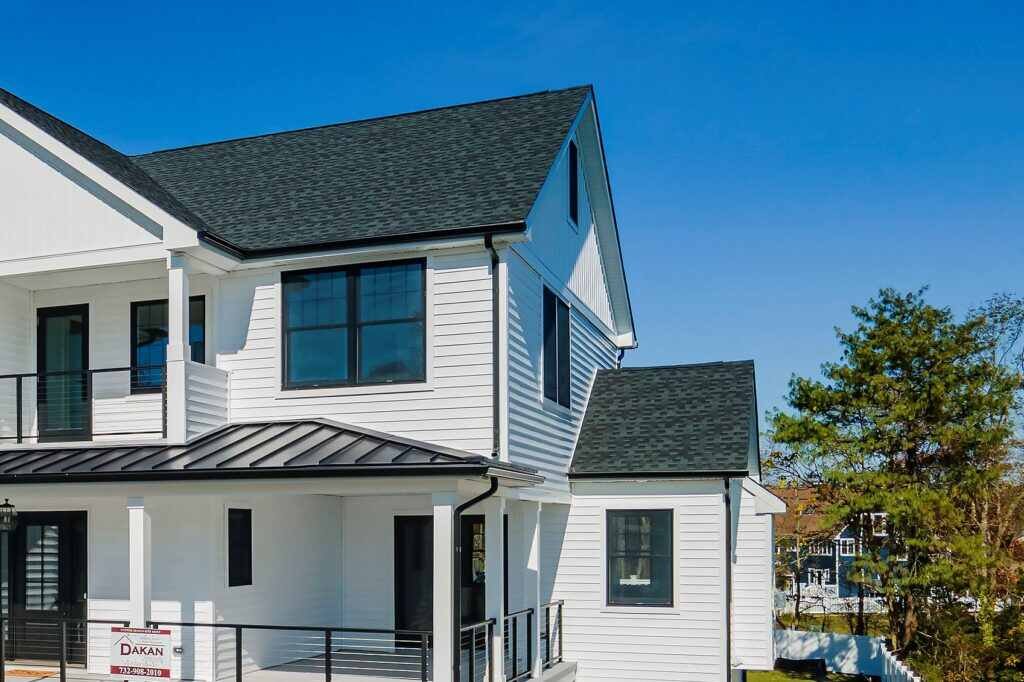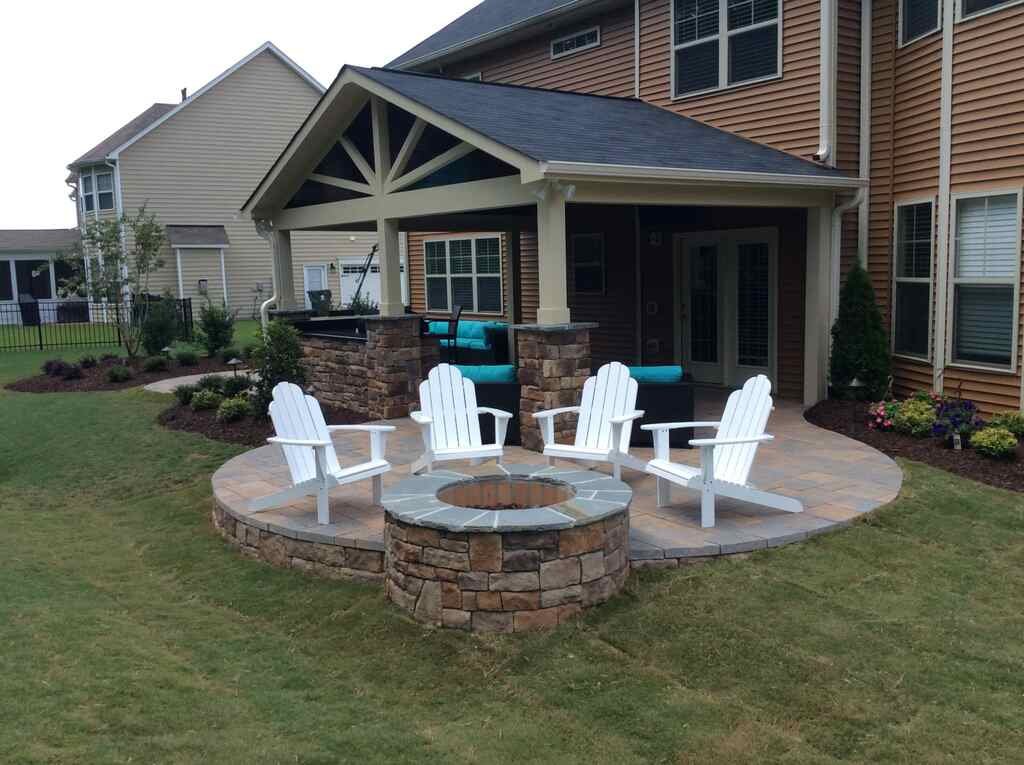Windows are the eyes of a home, providing views of the outside world, natural light, and a connection to the environment. However, windows also bring in unwanted elements, such as harmful UV rays, excessive heat, and prying eyes. This is where window tinting comes into play. Window tinting is a versatile solution that offers numerous benefits for homeowners.
In this comprehensive guide, we’ll explore the advantages of window tinting, including UV protection, energy savings, and enhanced privacy. We’ll also delve into the various types of window films available to help you make an informed decision for your home.
9 Reasons to Invest in Window Tinting For your Home
1. UV Protection
One of the primary advantages of window tinting is its capacity to prevent harmful ultraviolet (UV) rays from infiltrating your home. UV rays can cause damage not only to your skin but also to your furniture, flooring, and decorations. Continuous UV exposure can lead to fading and wearing down of your interior furnishings. Window tinting serves as a shield, minimizing UV penetration and prolonging the lifespan of your possessions.
2. Energy Efficiency
Window tinting can also contribute to making your home more energy-efficient. It functions by decreasing the amount of heat that comes into your home, particularly during the sweltering summer months.
By restricting heat gain, your air conditioning system doesn’t need to exert as much effort to maintain a pleasant temperature, resulting in reduced energy bills. In the colder months, certain types of window tinting from factory direct windows can help keep indoor heat, further enhancing energy efficiency.
3. Privacy
Privacy is a crucial issue for numerous homeowners, especially those residing in crowded areas or close to bustling streets. Window tinting can offer an additional layer of privacy without sacrificing natural sunlight. Tinted windows make it challenging for passersby to peer inside your home during daylight hours while still permitting you to enjoy the scenery.
4. Glare Reduction
Glare from the sun can be a nuisance, causing discomfort when watching TV or using electronic devices. Window tinting can reduce glare, making indoor spaces more comfortable and functional. This is particularly beneficial for home offices or media rooms.
5. Shatter Resistance
Some window films are designed to increase window shatter resistance. While not a substitute for dedicated security measures, such as alarm systems or reinforced glass, tinted windows can make it more challenging for burglars to enter your home by breaking a window. They can also help hold shattered glass together in the event of an accident, reducing the risk of injuries.
6. Decorative Films
Decorative films offer an artistic element to your windows. They come in a wide range of designs, from frosted patterns to custom graphics. Decorative films can be used to add a touch of elegance to your home or to create visual interest in specific areas.
7. Security Films
Security films are thicker and more robust than other types of window films. They are designed to hold glass together in the event of breakage, making it more difficult for intruders to enter and reducing the risk of flying glass shards. These films are often used in areas prone to storms or for added security.
8. Enhanced Comfort
Window tinting can significantly improve the comfort of your living spaces. By reducing heat gain during hot summer months, you can maintain a more pleasant indoor temperature. This means you won’t have to constantly adjust your thermostat, leading to a more consistent and comfortable environment for you and your family. Window tinting can also help eliminate hotspots and create a more evenly distributed temperature throughout your home.
9. Reduced Fading of Belongings
Preserving the appearance and value of your belongings is a concern for many homeowners. Window tinting plays a crucial role in this aspect by minimizing the fading of your furniture, artwork, and other cherished possessions. It acts as a safeguard against the sun’s harmful UV rays, ensuring that your interior decor retains its vibrant colors and aesthetic appeal for a more extended period.
Choosing the Right Window Film
When choosing a window film for your home, several factors should influence your decision. Firstly, consider your specific needs and priorities. Are you primarily concerned about UV protection, energy savings, privacy, glare reduction, or security? Understanding your objectives will help you select the appropriate type of window film.
Next, think about the aesthetics of your home. Different window films offer various patterns, opacities, and decorative elements. Ensure that the film you choose complements your interior and exterior design while achieving your functional goals.
Budget is also a crucial consideration. While some window films are more affordable than others, it’s essential to strike a balance between cost and performance. Keep in mind that energy-saving films, for example, can lead to long-term savings on your utility bills.
End Note:
Finally, when contemplating factory direct windows, it’s a prudent choice to seek guidance from a professional window tinting expert. They possess the expertise to assess your home’s individual attributes, suggest the optimal film options, and ensure precise installation. By selecting the appropriate window film, you can elevate your home’s comfort, energy efficiency, and privacy while maintaining its visual appeal.
Recommended Posts:
















